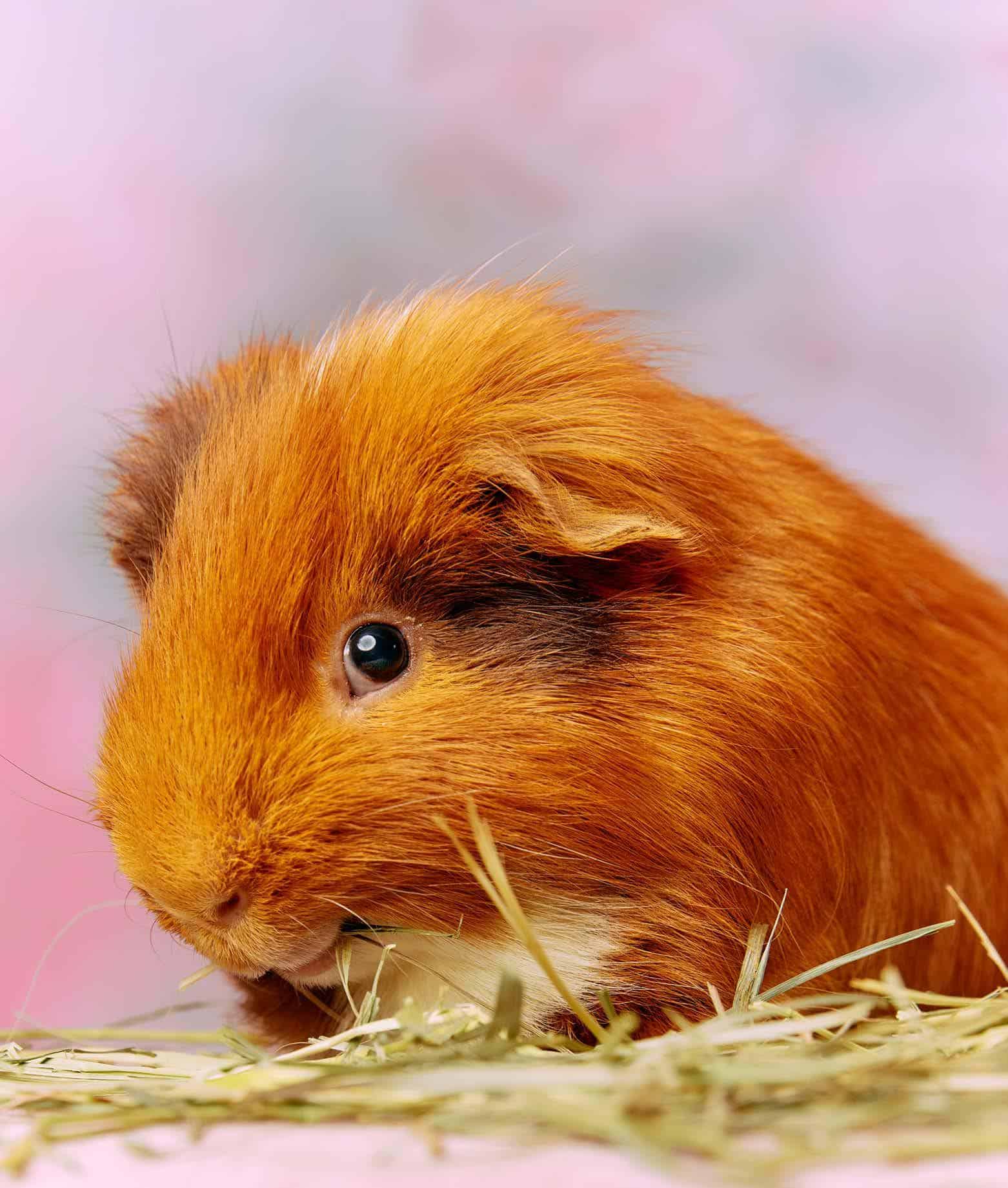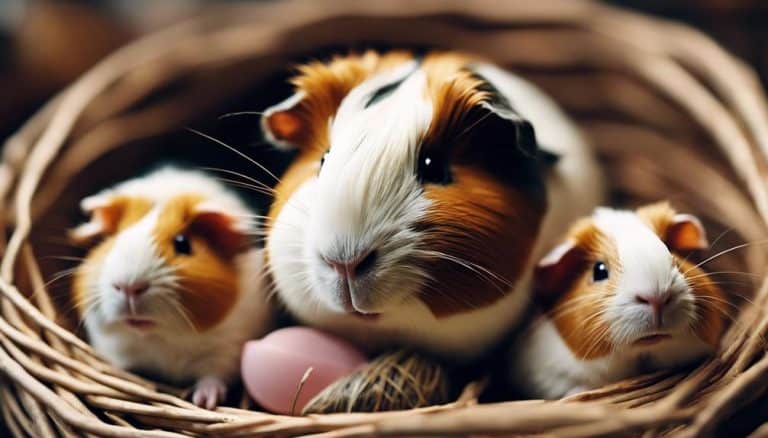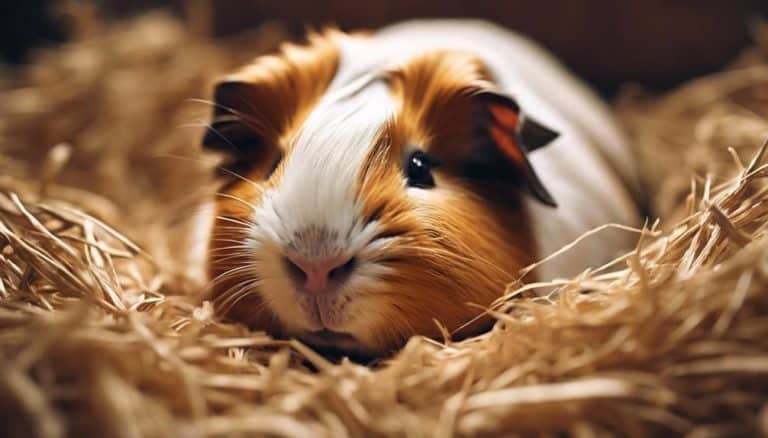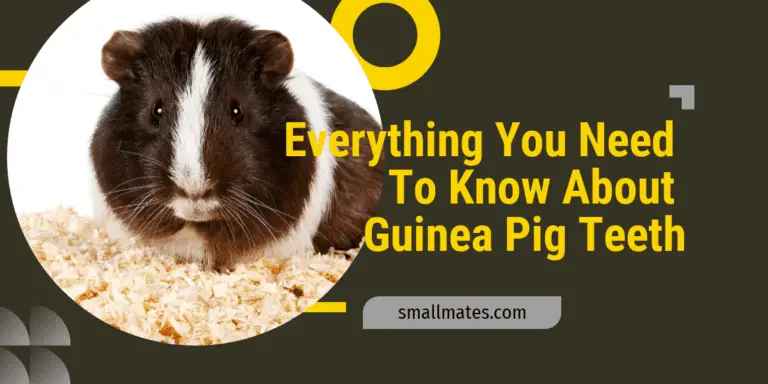Breaking the Myth: Do Guinea Pigs Actually Need Salt Blocks?
Guinea pig owners are often bombarded with information that it is crucial to their pet’s health to provide them with a salt lick or mineral block in their enclosure. But, do we really need to add these to our guinea pig’s diet?
In this article, we’ll break down the myth and provide important information about whether guinea pigs need salt blocks, what types are available, how much is too much, and the alternatives you can use to keep your furry friend happy and healthy.
What is a salt block for guinea pigs and do they actually need it?
What is a salt block for guinea pigs?
A salt block, also known as a mineral wheel, salt wheel, salt spool, or mineral lick, is a small block made of compressed salt and minerals that are provided for small animals to gnaw on. It is supposed to help supplement minerals that may not be in their food and help keep their teeth trim.
Do guinea pigs actually need it?
The short answer is no. While salt blocks are not necessarily harmful to guinea pigs, they do not require them in their diet. Guinea pigs obtain their necessary minerals and vitamins from the food they eat, and the commercial pellets they receive already contain a sufficient amount of salt and minerals. Providing a salt block for your guinea pig would not harm them, but it is not necessary either.
What happens if a guinea pig doesn’t have access to salt?
A guinea pig’s diet should already contain a sufficient amount of sodium. However, if something unusual happens, such as an illness or medical condition, and your guinea pig is not receiving proper nutrition, then the lack of salt may lead to certain problems such as dehydration, muscle cramps, or an electrolyte imbalance. But, in normal circumstances, it is unlikely that a guinea pig would suffer from a deficiency of salt or minerals.
What are the different types of salt blocks and which one is good for guinea pigs?
What are the different types of salt blocks available for purchase?
There are several types of salt blocks or mineral licks available in the market, but not all of them are safe for guinea pigs. Some products may contain harmful additives or flavors that can cause medical problems. The safest option is to get a white, plain salt block that is specifically designed for small animals.
Which type of salt block is good for guinea pigs?
As mentioned above, a plain white salt block is sufficient, just ensure that you buy one specifically for small animals. These are usually available in pet shops or online stores, and they are relatively cheap. The block should be free from any additives or flavors, so always read the label carefully before purchasing.
Can I make a homemade salt block for my guinea pig? If yes, how?
While it is possible to make a homemade salt block for your guinea pig, it is not advisable as it is challenging to achieve the correct balance of minerals and salt, especially without the help of a professional. It is also vital to ensure that the ingredients used are safe, and the block is free from any harmful additives. In most cases, it is safer and more convenient to purchase a pre-made salt block from a pet shop or online store that is specifically designed for small animals.
What are the dangers of giving too much salt to guinea pigs?
How much salt is too much for guinea pigs?
While it may seem that a small amount of salt would not harm a guinea pig, it is crucial to ensure that they do not receive too much of it. Guinea pigs have sensitive digestive systems, and too much salt can lead to severe medical problems such as urinary stones, dehydration, and even death. According to veterinary experts, a safe daily intake of sodium for guinea pigs should not exceed 35 mg/kg.
What are the signs that my guinea pig is consuming too much salt?
If you notice that your guinea pig has an excessive consumption of salt, they may exhibit various symptoms such as excessive thirst, frequent urination, loss of appetite, lethargy, and signs of discomfort when urinating. If you find any of these symptoms, then you should immediately discontinue the use of salt blocks and seek professional help.
Can excessive salt intake lead to kidney stones in guinea pigs?
Yes, excessive salt intake in guinea pigs can cause various health problems that can range from mild to severe, such as dehydration, electrolyte imbalances, and kidney stones. In some cases, the accumulation of minerals in the bladder can cause stones, which can be incredibly painful for the guinea pig. So, it is essential to monitor your pet’s salt and mineral levels to ensure that they do not consume too much of it.
What are the alternatives to salt blocks for guinea pigs?
What are some other minerals besides sodium that guinea pigs need?
Guinea pigs require several essential minerals besides sodium, such as calcium, magnesium, and potassium. These nutrients help to maintain bone strength, muscle function, and overall health. These minerals are readily available in commercial pellets, hay, and fresh fruits and vegetables.
What are some alternative methods to supplementing sodium in a guinea pig’s diet?
If you are concerned about your guinea pig’s intake of sodium, you can use alternative sodium-rich treats such as celery, green bell peppers, or carrots as an occasional treat. They are low in sodium and contain many vitamins and minerals that are good for your guinea pig.
What are some general tips for ensuring a balanced diet for my guinea pig?
It is essential to provide your guinea pig with a balanced diet of pellets, hay, and fresh fruits and vegetables. Ensure that the pellets and hay are of excellent quality, and free from molds and dust. Also, make sure that your guinea pig has access to fresh, clean water at all times. Lastly, guinea pigs require a regular intake of Vitamin C, so ensure that their fresh food contains sources of Vitamin C or purchase Vitamin C supplements to mix with their drinking water.
Can salt blocks or mineral licks kill guinea pigs?
What are the potential dangers of using salt blocks or mineral licks for guinea pigs?
While salt blocks and mineral licks are not dangerous to guinea pigs in moderation, some types may contain harmful additives or flavorings that can potentially cause illness and death. It is crucial to purchase the correct type of salt block that is specifically designed for small animals and avoid any products that contain harmful additives.
Can salt blocks or mineral licks harm my guinea pig?
In general, salt blocks and mineral licks are not harmful to guinea pigs if used in moderation. However, too much salt consumption can cause various medical problems that can negatively impact their health and well-being.
What are the alternatives to salt blocks and mineral licks for guinea pigs?
Some safe alternatives to salt blocks for guinea pigs include fresh fruits and vegetables or sodium-rich treats such as celery or carrots. Guinea pigs also enjoy chewing on thick hay or woven chew toys, which help to wear down their teeth and provide mental stimulation.
In conclusion, while there are many myths surrounding whether guinea pigs require salt blocks, they do not need them in their diet. Guinea pigs obtain their daily nutritional requirements from the commercial pellets they receive, and the vegetables and fruits they eat. As a responsible pet owner, it is essential to monitor the amount of salt your guinea pig receives and to ensure they have a well-balanced diet.
“







